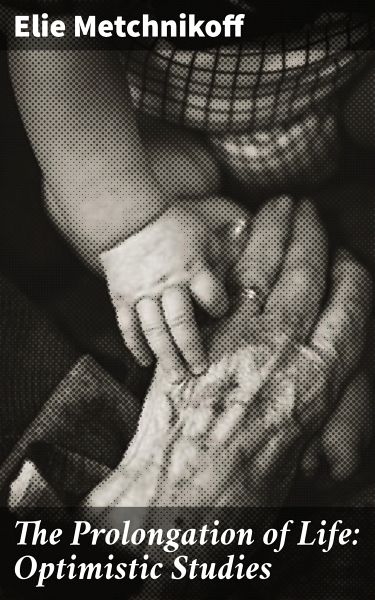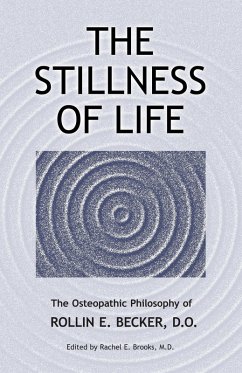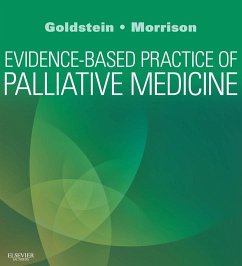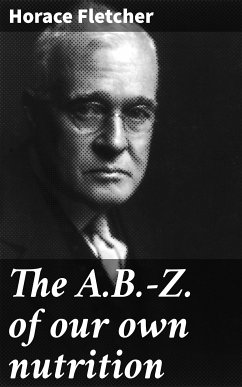
The Prolongation of Life: Optimistic Studies (eBook, ePUB)
Enriched edition. Unlocking the Secrets of Longevity: A Scientific Journey
Kommentar: Gainsborough, Harriet / Redaktion: Good Press; Mitchell, P. Chalmers

PAYBACK Punkte
0 °P sammeln!
In "The Prolongation of Life: Optimistic Studies," Elie Metchnikoff presents a thought-provoking examination of the biological and social factors contributing to longevity. Written in an accessible yet scientifically rigorous style, the book merges the disciplines of microbiology, gerontology, and philosophy. Metchnikoff posits that certain lifestyles, particularly those embracing the consumption of fermented foods, can enhance health and lead to a longer life. His optimism is rooted in emerging scientific discoveries at the turn of the 20th century, framing aging as a malleable condition rath...
In "The Prolongation of Life: Optimistic Studies," Elie Metchnikoff presents a thought-provoking examination of the biological and social factors contributing to longevity. Written in an accessible yet scientifically rigorous style, the book merges the disciplines of microbiology, gerontology, and philosophy. Metchnikoff posits that certain lifestyles, particularly those embracing the consumption of fermented foods, can enhance health and lead to a longer life. His optimism is rooted in emerging scientific discoveries at the turn of the 20th century, framing aging as a malleable condition rather than an inevitable decline. Elie Metchnikoff, a pioneering microbiologist and Nobel laureate, was profoundly influenced by the transformative scientific trends of his time. His early work on cellular immunity drove him to explore the relationship between microorganisms and human health. Drawing from his extensive research as well as observations of centenarians in places like Bulgaria, Metchnikoff passionately advocates for dietary interventions as pathways to improve quality of life and extend longevity, showcasing his deep commitment to health and wellness. This book is highly recommended for anyone interested in the intersection of health, science, and philosophy. Readers will find Metchnikoff's insights particularly relevant in today's age of wellness culture, as "The Prolongation of Life" not only provides a historical perspective but also offers practical guidance for those seeking to enhance their own lives. In this enriched edition, we have carefully created added value for your reading experience: - A succinct Introduction situates the work's timeless appeal and themes. - The Synopsis outlines the central plot, highlighting key developments without spoiling critical twists. - A detailed Historical Context immerses you in the era's events and influences that shaped the writing. - An Author Biography reveals milestones in the author's life, illuminating the personal insights behind the text. - A thorough Analysis dissects symbols, motifs, and character arcs to unearth underlying meanings. - Reflection questions prompt you to engage personally with the work's messages, connecting them to modern life. - Hand-picked Memorable Quotes shine a spotlight on moments of literary brilliance. - Interactive footnotes clarify unusual references, historical allusions, and archaic phrases for an effortless, more informed read.
Dieser Download kann aus rechtlichen Gründen nur mit Rechnungsadresse in A, B, BG, CY, CZ, D, DK, EW, FIN, F, GR, H, IRL, I, LT, L, LR, M, NL, PL, P, R, S, SLO, SK ausgeliefert werden.













